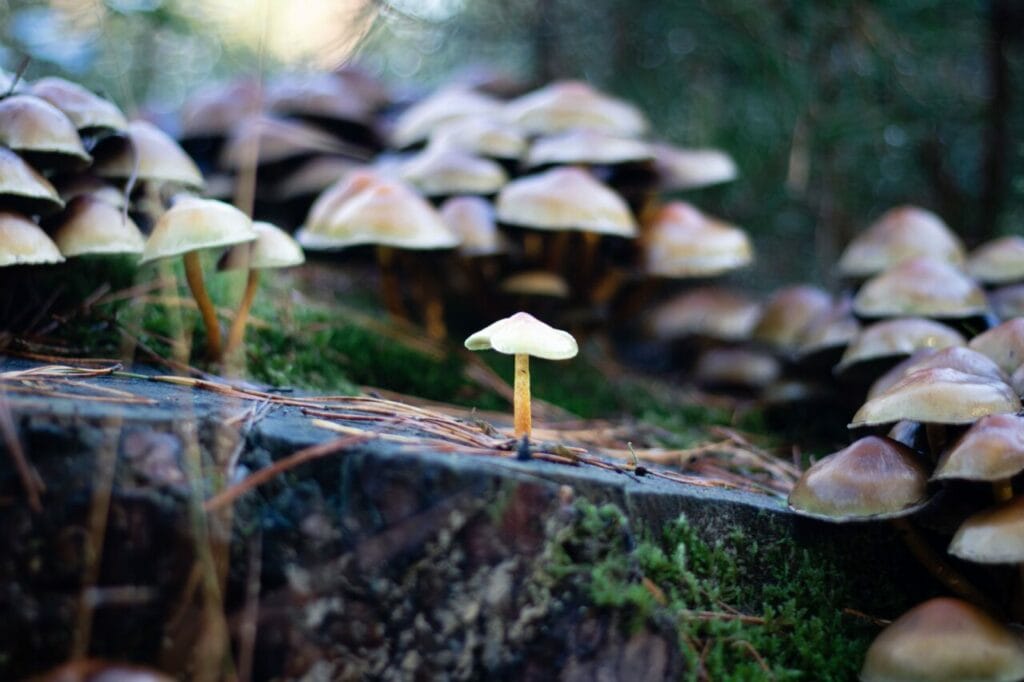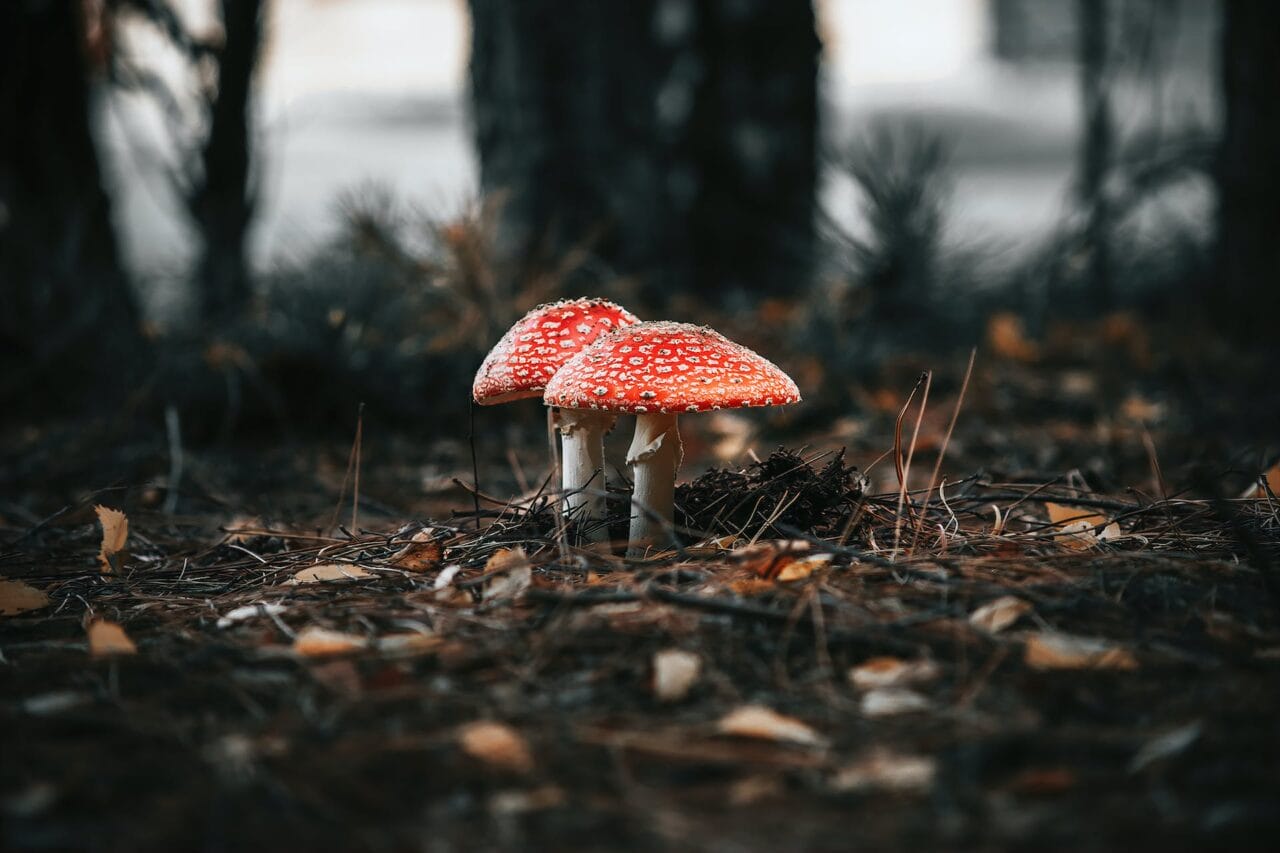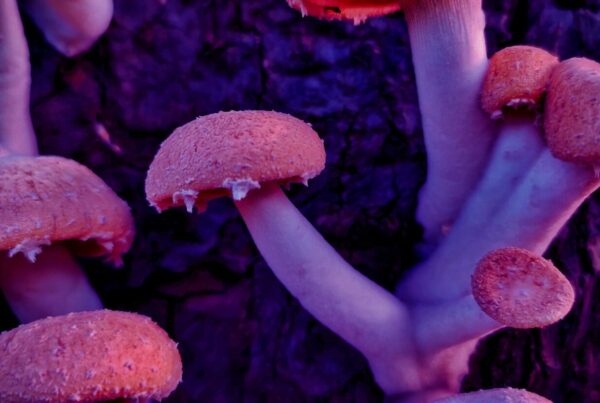The fascination with psilocybin mushrooms is increasing, driven by studies investigating its potential benefits for mental health conditions such as anxiety and addiction. Nonetheless, despite the escalating curiosity, acquiring psilocybin remains challenging. The availability of labs and shroom delivery services that supply magic mushrooms is limited and can often be quite costly.
This piece will delve into the evolution of psilocybin, its present status, and the potential advantages it can offer to those seeking solace.
[toc]Principal Takeaways:
- Growing mushrooms requires substantial effort and careful monitoring to avoid contamination during the inoculation phase.
- Psilocybin creates a psychedelic experience by interacting with different brain regions, particularly the serotonin receptors.
- Psilocybin only marginally raises the heart rate, which returns to normal shortly after ingestion, and usually does not provoke any other negative effects.

Supplying Only Top-Quality Magic Mushrooms
Magic mushrooms naturally thrive in diverse environments such as manure-enriched pastures, leafy temperate forests, grasslands, and woodlands. Over centuries, people have journeyed to these places to collect these fungi for medicinal purposes or to use them in spiritual and religious rituals.
Conventional Approach
Currently, the ancient practice of hunting for mushrooms in these natural habitats is less common. This shift may be attributed to the rise of alternatives such as cultivation or the opportunity to buy magic mushrooms online.
Wild mushrooms are generally less potent compared to their lab-grown equivalents, which are carefully nurtured under regulated conditions. Moreover, there’s a danger of erroneously picking a poisonous species when foraging outdoors.
Contemporary Technique
The shroom production procedure commences by nurturing spores to maturity, which involves an elaborate process that necessitates a
Ensuring sterility during the inoculation phase of mushroom cultivation requires considerable time and meticulousness to prevent any potential contamination. Once the mushrooms are ready to be harvested, they are usually dried by labs or growers to increase their shelf life. Fresh mushrooms have a lifespan of just a few days, but dried mushrooms can be kept for several months, even up to a year.
Manufacturers convert dried mushrooms into various forms such as microdose capsules, edibles, tinctures, and drinks, which are then distributed across Canada through magic mushroom delivery services.
Harnessing the Advantages of Psilocybe Cubensis or Magic Mushrooms
Researchers conduct clinical trials on mushrooms primarily to explore their impact on mental health and mood disorders, drawing from anecdotal evidence. Numerous studies focus on these effects, whether it’s through microdosing with capsules or a full-blown mushroom trip with dried mushrooms or chocolate edibles.
When consumed, psilocybin is converted into psilocin, a compound that acts similarly to the mood-regulating neurotransmitter serotonin. It interacts with various brain regions, particularly the serotonin receptors, provoking a psychedelic experience.
Those who undergo psilocybin therapy often report intense changes beyond just heightened senses and visual modifications. These experiences can result in a considerable alteration in self-perception and a major shift in personal perspective, often marked by profound realizations.
Depression and Suicidal Propensities
In a study published in the Journal of Psychopharmacology, the effects of a psychedelic experience on people dealing with depression and suicidal thoughts were examined. Most participants deemed their encounter with psilocybin as deeply significant and highlighted its potential influence on their lives. Such high degrees of satisfaction could improve the effectiveness of therapy, given the critical role of patient involvement in mental health interventions.
Safety Profile
Researchers not only study the impact of psilocybin on depression and anxiety but also its safety profile. As per a study in JAMA Psychiatry, participants who consumed psilocybin showed a slight rise in heart rate and blood pressure two hours post-consumption. However, further examination using Holter monitoring revealed no significant increase in the likelihood of cardiac arrhythmias in the psilocybin group in comparison to the niacin group. The study also discovered no significant psychological distress among users.





